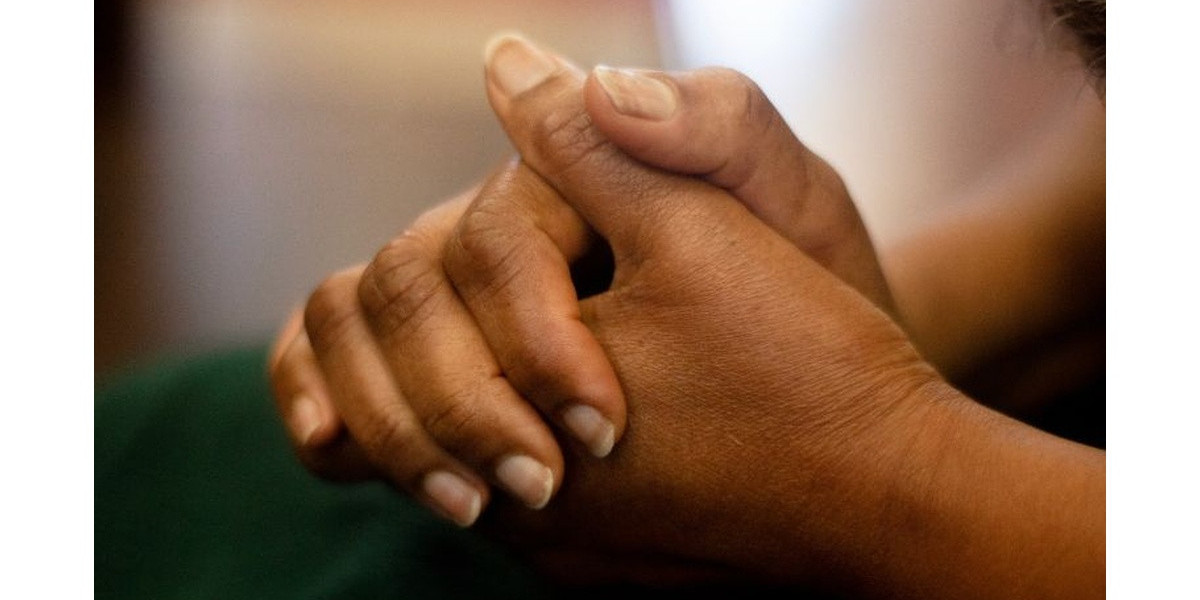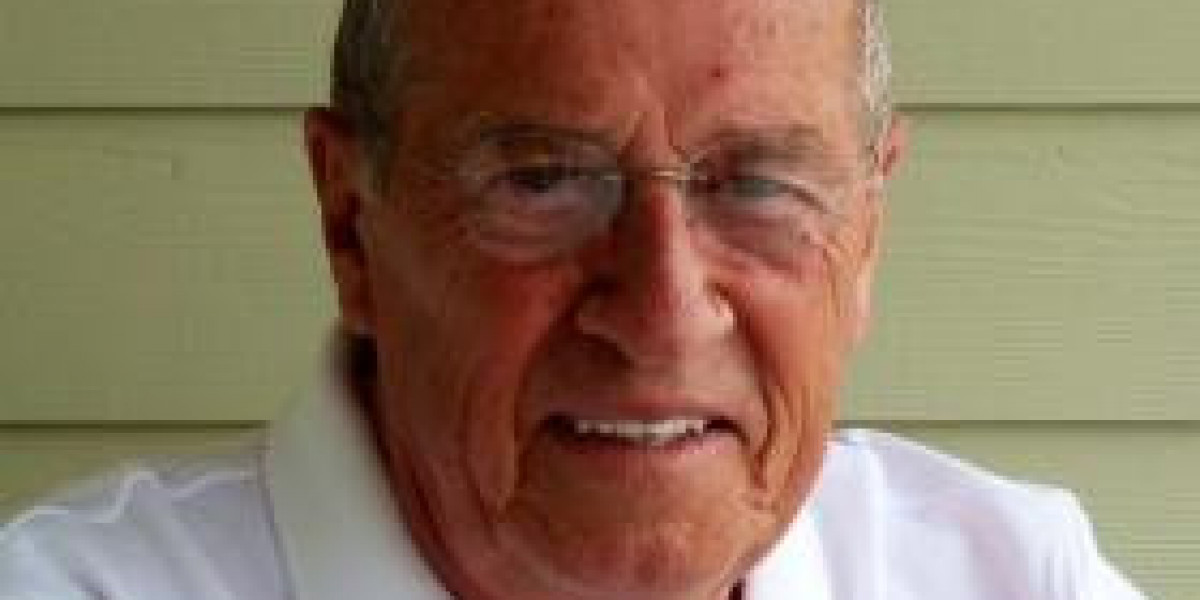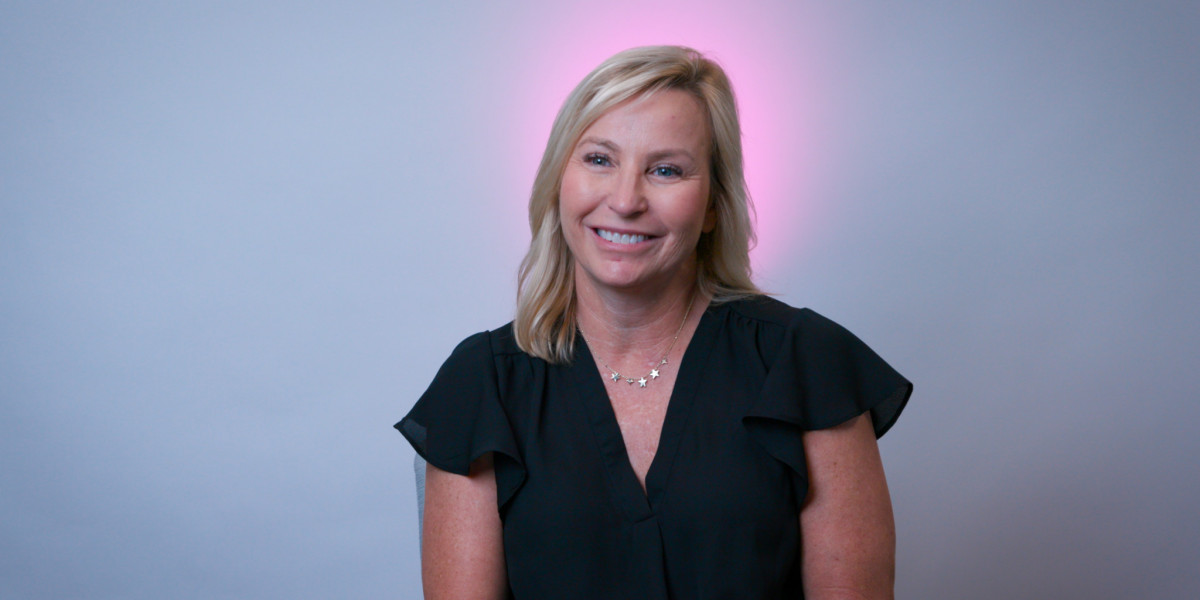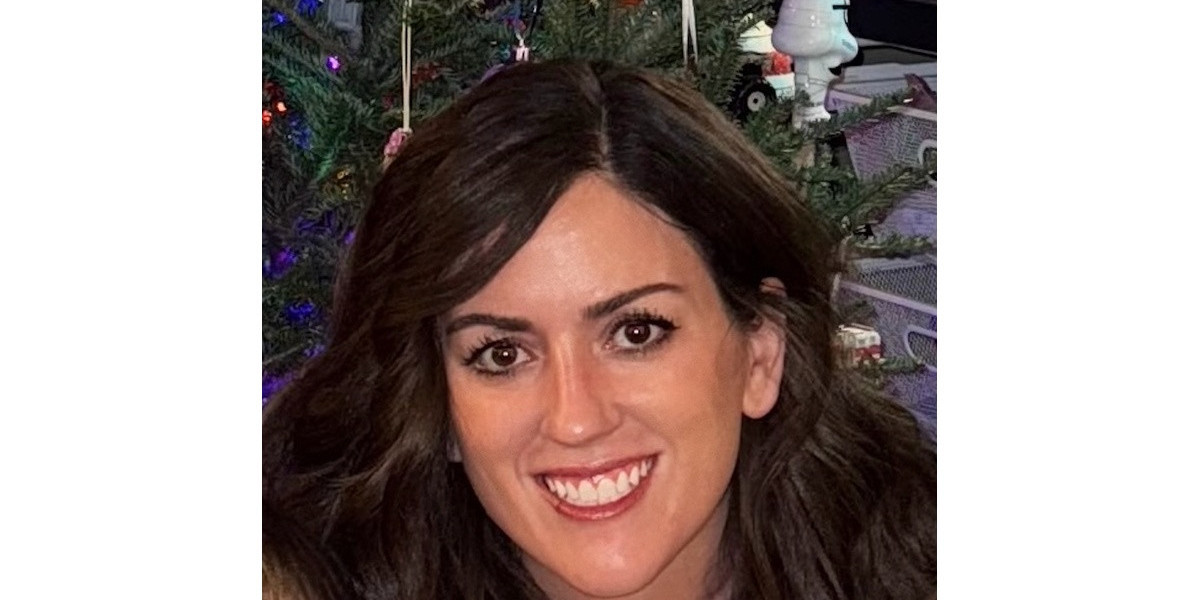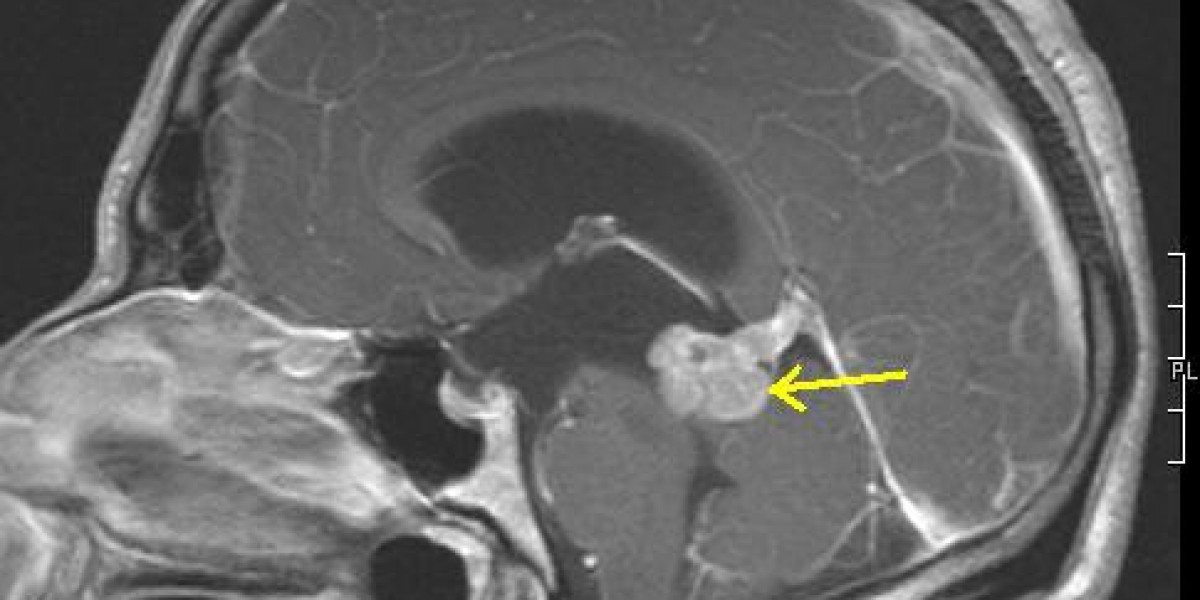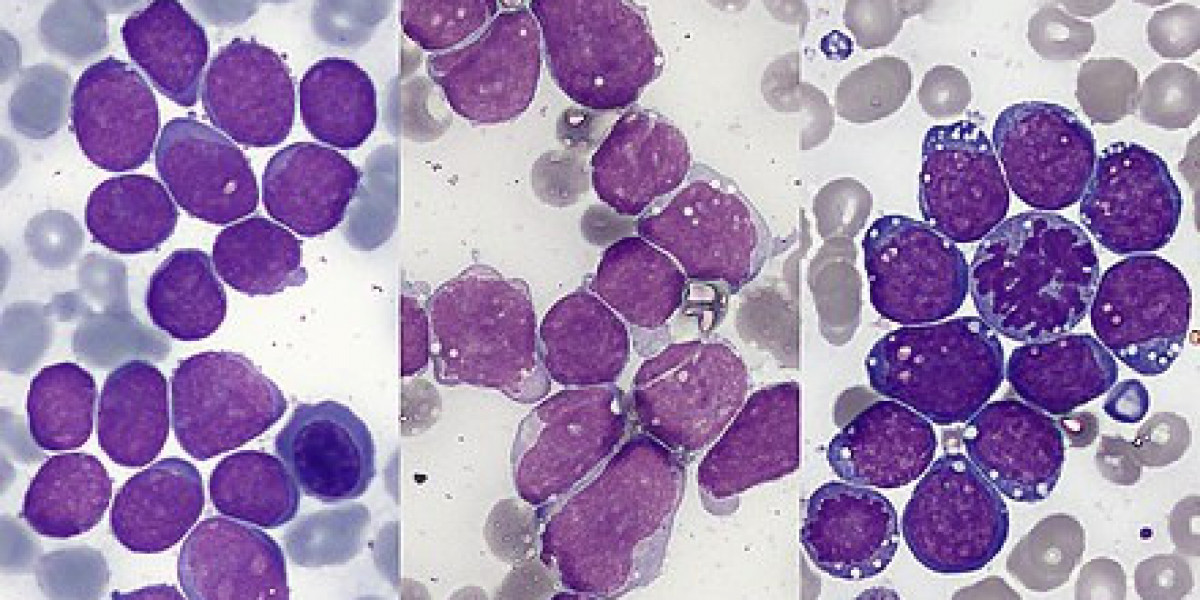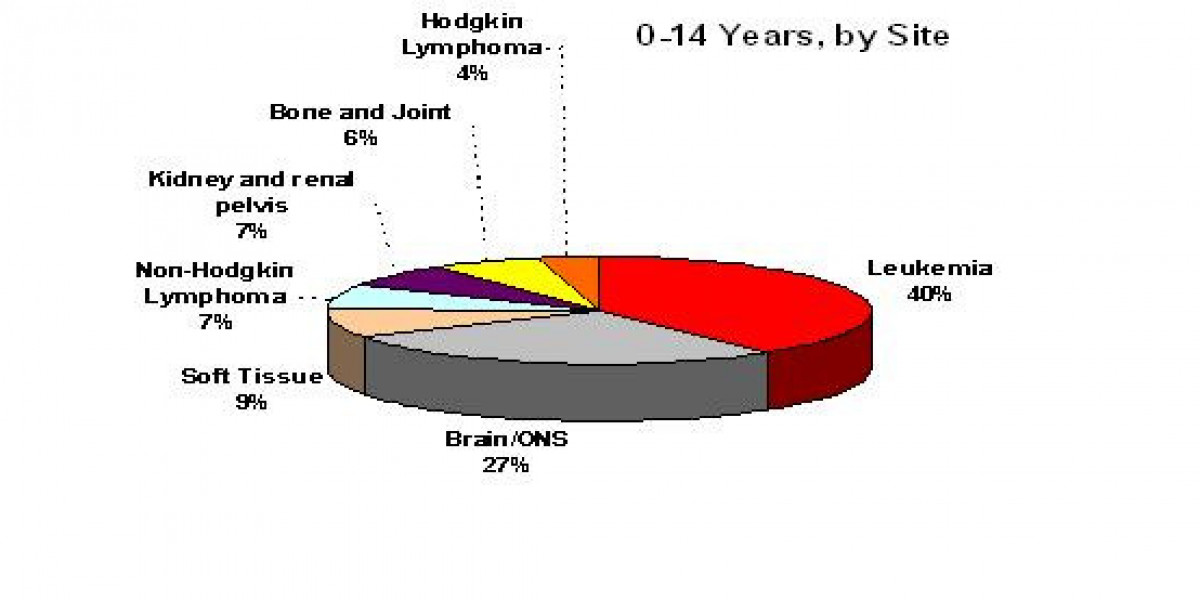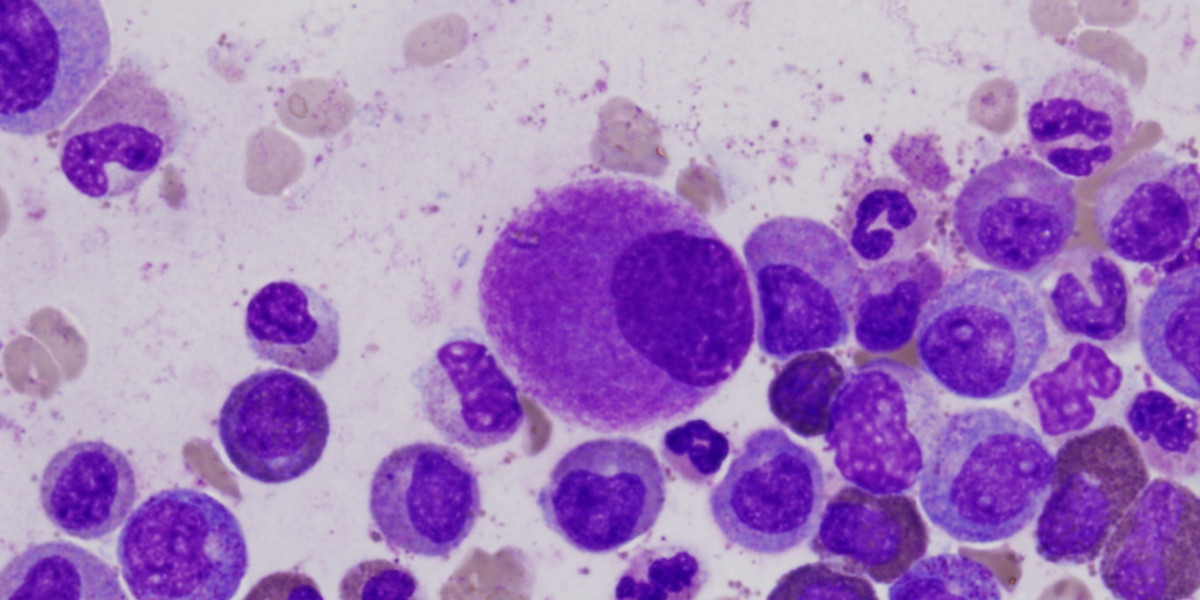Blogs>Guided by faith, empowered by choice in her breast cancer journey
How Warkoneta Tucker worked with her care team to shape a treatment plan and a new way forward
On Christmas Eve in 2020, Warkoneta Tucker sat alone in her home in Dayton, Ohio, staring at her medical test results on the phone. She didn’t understand the medical terminology, so she googled* the results: She had breast cancer. “I went down on my knees,” she recalls, “and I prayed for strength and wisdom.” In that moment, she knew her life would never be the same. She had just turned 72.
Before herdiagnosis, Warkoneta was a world traveler, driven by a deep desire to experience different cultures and help others. She visited Africa, where she was amazed by the beauty of Victoria Falls, and Bermuda, where she soaked in the culture of the island. But her heart always led her back to Haiti, where she did mission work with her church group.
Her last trip before her diagnosis was to Japan. She went with the Friendship Force, a group that encourages cultural exchange through home stays. “You really understand a place when you live with its people,” she says. For Warkoneta, travel was never just about sightseeing — it was about connecting with others, helping them, and learning about them.
At first, Warkoneta believed she would need amastectomy. But when her doctor explained that alumpectomywas an option, she felt empowered. She wanted to save her breast. “It was my decision,” she says. “I wasn’t just told what would happen to me. I had a choice.”
Doctors removed thetumorvia a lumpectomy, along with threelymphnodes insurgery. All three lymph nodes tested positive for cancer. Soon after, she faced one of the most difficult parts of her treatment:radiation therapy.
“The pain was unbearable,” she remembers. “I burned right away.” After 16 sessions, she suffered second- and third-degree burns.
Her doctor had ordered an Oncotype DX test, a test that looks at cancer-related genes in the tumor to predict how likely the cancer is to come back and whetherchemotherapymight help. The results had suggested chemotherapy would be beneficial, but Warkoneta declined.
“Radiationhad taken so much out of me. I couldn’t face more pain.” She knew that chemo would lower her risk, she also knew it wasn’t a guarantee.
Her doctor respected her choice but wanted to be cautious. She ordered an additional test, aPET scan, to make sure the cancer had not spread. Ascanshowed something unusual in her abdomen. Warkoneta then underwent a colonoscopy and more tests. In the end, doctors found no evidence of cancer.
“You might say it disappeared, or maybe it was a mistake on the scan,” she says. “But I give credit to the prayers of those who lifted me up.”
Her doctor started Warkoneta onhormone therapy, which would blockestrogen, the fuel for herhormone receptor-positive breast cancer. This treatment would be part of her ongoing care plan, helping reduce the risk ofrecurrence.
Though her body healed from surgery and radiation, Warkoneta’s post-treatment reality was far from easy. She developed aconditioncalled cording, a painfulside effectoflymph noderemoval that made movement difficult.Fatiguebecame her constant companion, changing how she lived her daily life. Warkoneta now had to adapt to a slower pace
“Before cancer, I could go nonstop from morning to night,” she says. “Now, if I go to the grocery store, that’s all I can do for the day.”
The hardest loss was giving up travel. Even short flights caused severe swelling in her arms and legs. After a particularly difficult trip, her doctor told her she could no longer fly. “It changed my life completely,” she says. “Something I loved so deeply was taken away.”
Instead of focusing on what she had lost, Warkoneta found new ways to find joy and build community. Recently, she hosted a tea party at her home. She invited friends to bring snacks while she provided the tea. “It took me three weeks to prepare,” she says, “but it was worth it.” One guest even brought a guitar and played music, turning the evening into something even more special.
“That night was a blessing,” Warkoneta says. “It reminded me that even when things change, joy is still possible.”
She also found comfort in breast cancer support groups. “Family and friends mean well, but they don’t always know how to help,” she explains. “Being in a group of women who truly understand makes a difference.” Through Living Beyond Breast Cancer, she accessed financial help, practical tips, and stories of hope.
Warkoneta’s name means “great warrior,” and she embraces it fully. “I keep climbing,” she says. “Life keeps changing, but I keep moving forward.”
For her, faith is the foundation of her strength. “I have never been angry at God,” she says. “Even my family asked why I don’t curse him. But why would I? He loves me.”
To those newly diagnosed, she offers a simple but profound message: “There is hope. Life might change, but you still have hope.”
As she continues navigating life after cancer, Warkoneta is passionate about advocating for others. She encourages people to trust their instincts, seek second opinions, and find doctors who truly listen, just as hers did.
Years after that Christmas in 2020 when Warkoneta had knelt in prayer, she sees how those prayers were answered – in the strength she showed through treatment, and in the inner wisdom she used to make decisions that felt right for her. Now, she’s passionate about sharing her story and helping others do the same. “Trust your instincts, and find doctors who truly listen,” she says. “I had a doctor who really listened to me,” she says. “That’s the kind of doctor everyone deserves.”
*Editor’s note: Warkoneta’s story includes a moment that many people can relate to – getting test results and turning to the internet for answers. It’s completely understandable to want answers right away. But we recommend going over your test results with your doctor or care team, who can explain what everything means and help you understand your options. You don’t have to figure it out on your own, and you deserve support you can trust.
DISCLAIMER:
The views and opinions of our bloggers represent the views and opinions of the bloggers alone and not those of Living Beyond Breast Cancer. Also understand that Living Beyond Breast Cancer does not medically review any information or content contained on, or distributed through, its blog and therefore does not endorse the accuracy or reliability of any such information or content. Through our blog, we merely seek to give individuals creative freedom to tell their stories. It is not a substitute for professional counseling or medical advice.
Signs of recurrence
During breast cancer treatment and well after it has ended, fear of recurrence is a concern for nearly every person diagnosed with early-stage breast cancer. Knowing the signs and talking with your care team can help.
Post-Active Treatment
After breast cancer treatment, it's like beginning anew, often feeling isolated. Find resources here to navigate concerns like doctor consultations frequency and necessary tests in your post-treatment journey.
How ending treatment may impact your emotions
After initial treatment, relief often accompanies the completion of appointments and medications. However, reduced provider visits might lead to feelings of aimlessness or loss for both patients and caregivers.
Why fear of recurrence happens
Fear of cancer recurrence is prevalent post-breast cancer. Its impact varies, influenced by individual health history, information access, social support, coping mechanisms, and other factors.
Common fear of recurrence triggers
Certain events, anniversaries, or activities in your life could remind you of cancer and trigger, or bring out, your concerns about recurrence.
Managing your fear of recurrence
There are many different ways to cope with fears after treatment is over. Try different strategies to find the ones that work best for you.
Getting support for fear of recurrence
Talking about your fears will help you process them. Still, you may struggle to find someone you feel comfortable sharing your fears with.
Follow-up care for TNBC
Learn what follow-up care may be needed and what it entails following a treatment for triple-negative breast cancer.
Risks and fear of recurrence
Find out about activities and emotional support to help quell anxiety and worry after treatment for triple-negative breast cancer.
Getting pregnant after early breast cancer
Better breast cancer treatments are helping more women live longer. And, studies show pregnancy after breast cancer treatment doesn’t raise your risk of cancer returning or affect your survival.
Sign up to receive emotional support, medical insight, personal stories, and more, delivered to your inbox weekly.
We'll send support straight to your inbox.
Adriana Lecuona, MFA
Tagged:
Was this page helpful?
Living Beyond Breast Cancer is a national nonprofit organization that seeks to create a world that understands there is more than one way to have breast cancer. To fulfill its mission of providing trusted information and a community of support to those impacted by the disease, Living Beyond Breast Cancer offers on-demand emotional, practical, and evidence-based content. For over 30 years, the organization has remained committed to creating a culture of acceptance — where sharing the diversity of the lived experience of breast cancer fosters self-advocacy and hope. For more information,learn more about our programs and services.
Living Beyond Breast Cancer
40 Monument Road, Suite 104
Bala Cynwyd, PA 19004
©2025 Living Beyond Breast Cancer
Originally published on The Patient Story: https://www.lbbc.org/blog/guided-by-faith-empowered-by-choice-in-her-breast-cancer-journey
